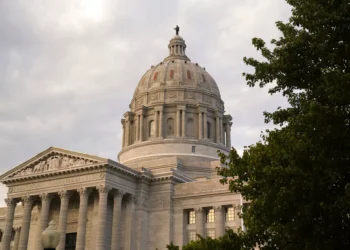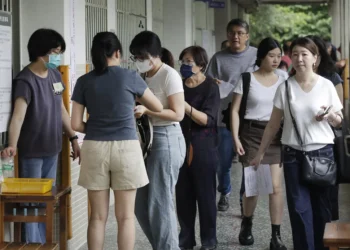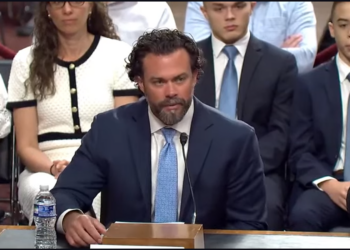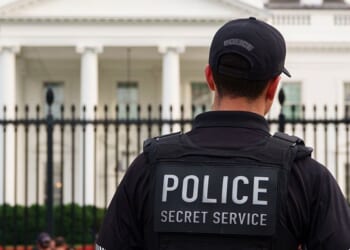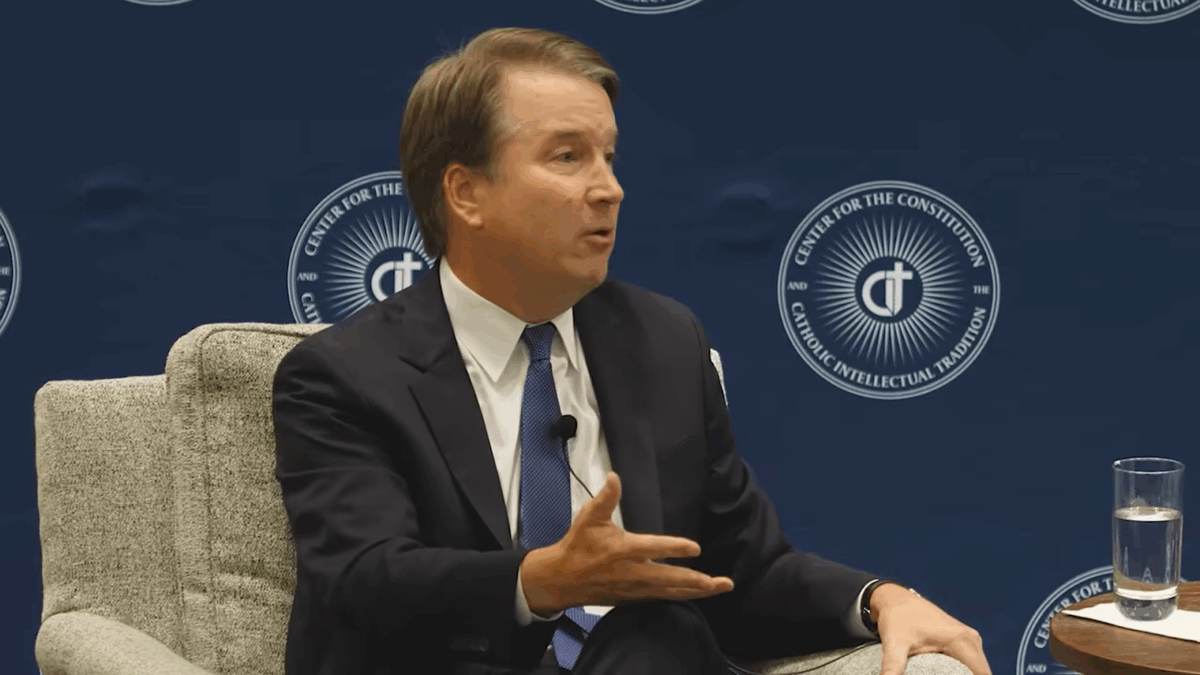
Supreme Court Justice Brett Kavanaugh identified a foundational issue impacting America’s separation of powers during a rare sit-down interview on Thursday.
The moment came during a discussion with District Judge Sarah E. Pitlyk at this year’s Eighth Circuit Judicial Conference. Pitlyk previously clerked for Kavanaugh when he was a judge on the D.C. Circuit Court of Appeals.
Kavanaugh was reportedly asked about the Supreme Court’s emergency docket, where petitioners may file applications seeking temporary relief from the high court in their respective cases while litigation continues in the lower courts.
Since returning to office, the Trump administration has regularly used the emergency docket to ask SCOTUS for emergency relief from lower courts’ judicial coup. A majority of the justices — including Kavanaugh — have at times granted the administration’s requests, garnering criticisms from the court’s Democrat appointees.
Addressing the critique that the high court’s orders granting such relief often come without explanations, Kavanaugh warned about the “lock-in effect” that could occur should the justices offer extensive legal opinions on an issue before the merits of the cases can be fully litigated and decided by the Supreme Court.
“There could be a risk in writing the opinion, of lock-in effect, of making a snap judgment and putting it in writing, in a written opinion that’s not going to reflect the final view,” Kavanaugh said.
The most notable aspect of the Trump appointee’s comments, however, came in his diagnosis of the root of the problem at hand. He specifically noted the executive’s growing role in shaping domestic policy without going through the legislature, a process he telegraphed has become increasingly difficult.
“Executive branches of both parties over the last 20 years have been increasingly trying to issue executive orders and regulations that achieve the policy objectives of the president in power,” Kavanaugh said. He reportedly added that such “actions give rise to challenges that can race to the Supreme Court,” as described by The New York Times.
It’s also true that, unlike many of his predecessors, President Trump has faced a wave of lawfare from left-wing activists, who have sought to weaponize the courts to stymie his administration’s policy agenda. As the Times admitted, “The Trump administration has filed about 20 emergency applications seeking relief from injunctions issued by federal trial judges in its first six months,” which “is more than the total number of such applications the Biden administration filed over four years, and far more than the eight applications filed over the 16 years of the George W. Bush and Barack Obama presidencies.”
Kavanaugh is hardly the only current member of the Supreme Court to discuss the growing power of the executive and Congress’s inability to adequately perform its constitutional duties.
During a June interview with the Hoover Institution’s Peter Robinson, Associate Justice Samuel Alito noted how the “Constitution deliberately sets up a law-making procedure that is time consuming and laborious,” and that “as the difficulty of getting legislation passed has increased, the presidents have increasingly looked to see what they can do on their own.” Alito specifically mentioned President Obama’s 2014 “phone” and “pen” comment about enacting policies should Congress fail to address them.
The remarks came as part of a broader conversation between the justice and Robinson on lower courts’ use of nationwide injunctions — an issue at the forefront of the high court’s Trump v. CASA decision released later that month.
Shawn Fleetwood is a staff writer for The Federalist and a graduate of the University of Mary Washington. He previously served as a state content writer for Convention of States Action and his work has been featured in numerous outlets, including RealClearPolitics, RealClearHealth, and Conservative Review. Follow him on Twitter @ShawnFleetwood






